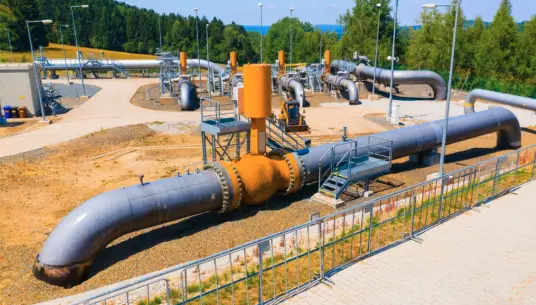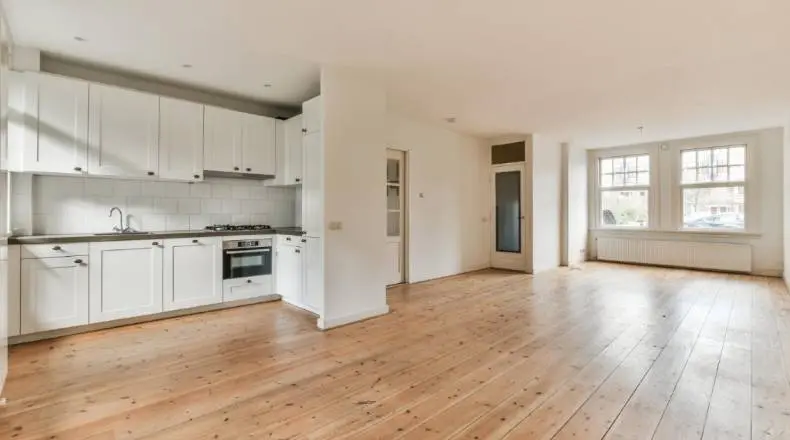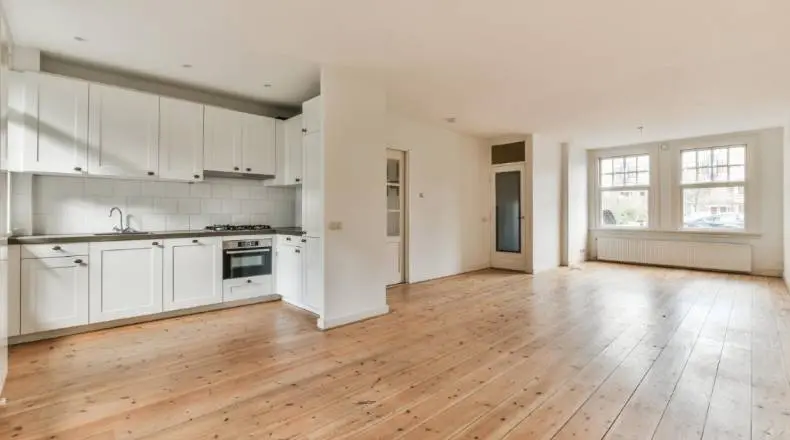Author: Piotr Szymoński, Director at Walter Herz
Investors are looking for projects that can ensure a good profit. Will we soon see a flood of investments based on changing the function of existing real estate on developed land?
Real estate conversions trend is becoming a permanent element of the investment landscape on our market. There are almost no empty plots in attractive locations in the large cities, so developers are forced to reach for already developed plots. All real estate market participants agree that the number of such projects will increase in the upcoming years.
Investors are looking for projects that can ensure an attractive investment return. In many cases, new commercial buildings can provide a much larger GLA, than the already existing ones. The purchase of a developed plot is also, in many cases, the only possibility to implement a project of a certain scale in a given location.
Therefore, we expect that developers will reach for already developed plots more often and invest in more challenging projects that include demolition or transformation of the buildings functions, in order to provide the expected profit. We are talking about demolition of the buildings, unless they are historic, because the reconstruction of an office building or a shopping center in order to give it a new function is often unprofitable. The trend of replacing older buildings with new ones will increase due to the lack of local zoning plans, which cover only about 30-50 percent of agglomeration areas.
Demolition of decapitalized office buildings
Looking at the market, it is not difficult to notice that some older office buildings are not attractive to potential tenants. This is especially true for properties that are not energy efficient and require substantial expenses to meet the energy consumption standards expected by tenants today. In such buildings, the effective rent value is lower than the value of the land on which they stand. As a result, investors are often analyzing the possibility of using such plots for residential projects. An example of this type of transaction is the purchase a part of the Empark office complex in Warsaw from the Austrian investor Immofinanz by Echo Investment in 2020. The company is planning to develop a project of about 1 200 apartments.
The upcoming months will show whether further investments are carried out using demolition of the unattractive buildings in Warsaw's Służewiec, where almost a quarter of the offices in the largest business zone in the country remains vacant.
Another example of the purchase of a plot with an office building to be demolished for a residential project is Develia’s project. The developer will build apartments and commercial premises on the plot with an old office building on Åšlężna street in WrocÅ‚aw.
Also Dom Development purchased a plot with an unfinished office and administration building in Warsaw's Bielany. The company intends to demolish it.
Atrium International office building in Warsaw is also subject to demolition. Strabag Real Estate is planning to build Upper One office and hotel complex in the place of the closed office building in the corner of Grzybowska and Jana Pawła II streets. The developer wants to build a 131.5-meter office building and a 55-meter hotel in this location. The complex will offer 35.9 thousand sq m. of offices and about 11 thousand sq m. GLA of hotel space. The investor has already received the demolition and construction permits. Upper One is scheduled to be completed in 2026.
This is not the first project of this type completed by this company in Warsaw. Earlier, the developer had already demolished an old office building on Tamka Street and built a hotel for the German chain Motel One in its place.
The Ilmet office building located at the ONZ roundabout is also to disappear from the landscape of the Warsaw city center. The building was bought a few years ago by Skanska. The company plans to demolish the building completed in 1997 and replace it with a modern office tower.
Ghelamco Poland has recently applied for a building permit for an office and retail building at Towarowa Street in Warsaw, which is to be erected on a plot where a block of flats with 21 apartments is to be demolished.
Commercial buildings scheduled for demolition
Market changes are also a big challenge for shopping center owners due to rising operating costs. Many of the key tenants have contractual restrictions on the increase of such fees, which will result in a growing budget shortfall directly impacting operating income (NOI), which is the basis for asset valuation.
Numerous shopping centers are doing very well, providing tenants with high turnover that justifies the amount of rent and service charges. However, some of the shopping malls that have lost key tenants are struggling to make a profit. The value of such properties from an investment point of view is getting closer and closer to the value of the plot on which they stand.
The purchase of Land shopping center in Warsaw's Służewiec by the Belgian developer Ghelamco is a good example of this. After the demolition of a twenty-year-old building, a mixed-use project offering over 37 thousand sq m. of office and commercial space is to be built in its place. Another example is the conversion of the CH Sosnowiec mall into a logistics center.
In Cracow, Galeria Plaza mall has also been demolished. In order to replace the shopping center, Strabag Real Estate will build a complex of several buildings. The project is at the design stage. The construction of the mixed-use complex is scheduled for 2023-2025.
Another example of the implementation of mixed-use projects in the place of former buildings is an investment by Echo Investment in the area of the current CH Jupiter in Warsaw located at Towarowa Street, as well as a residential and commercial complex, which is to replace the Tesco Kabaty supermarket.
Development of industrial areas
The development of urban agglomerations over the last decades has meant that many industrial areas are now adjacent to residential estates or commercial complexes. From the urban planning point of view, changing the function of the industrial areas seems to be a necessity.
Recently, there has been no shortage of examples of these types of transactions. In August 2022, Arche Group purchased the site of the former Szombierki heat and power plant in Bytom. On nearly 18 hectares of land, the investor plans to implement a city-forming project with a hotel and catering establishments. In September 2021, White Stone finalized the purchase of 20 hectares of land in the vicinity of ArcelorMittal steelworks in Warsaw. The company wants to build a mixed-use project with apartments and offices there.
In August 2021, Okam acquired the FSO industrial plant in Żerań, on the other side of the Vistula river. So far, the facility where our agency recommercialized over 150 thousand sq m. of space last year, is used for storage and production purposes.
A good example of the revitalization of industrial area can also be Warsaw district of Wola, where modern quarters of the city have been erected to replace the post-industrial buildings. Praga is also changing in a similar way, with such projects as Koneser, Bohema, Port Praski, Soho, and a new complex that replaced the PZO factory.
Chances and risks
An important element that will affect the dynamics of real estate conversion in the upcoming years will be the final shape of the act that the Ministry of Development and Technology is working on. The new bill is intended to facilitate the conversion of commercial and office buildings into apartments, regardless of the zoning plan in force in a given location.
These types of investments are associated with higher costs related to the demolition of buildings and extended implementation time. It is a process that takes three to eight years. On the other hand, the rental income generated by the property during the preparation for change of function significantly improves the financial parameters of these long-term projects, balancing the risk.
The supply of attractively located plots of land is getting smaller every year. Therefore, we expect that in the upcoming years more and more projects with transformed functions will be implemented. It is already clear that investors are often analyzing the potential of assets in this respect. At the same time, more and more projects require consulting support in the field of leasing.
Transformations of functions on the real estate market are a hot trend, however, planning and legal and administrative restrictions will verify the final number of such projects, primarily on the basis of achievable margins for developers.
About Walter Herz
Walter Herz company is a leading Polish entity operating in the commercial real estate sector across the country. For ten years, the company has provided comprehensive and strategic investment consulting services for tenants, investors, and real estate owners across the country. Walter Herz experts assist investors, property owners, and tenants. They provide full service to companies from the private and public sectors.
Walter Herz advisors support clients in finding and leasing space and provide consulting in implementing investment projects in the warehouse, office, retail, and hotel sectors.
The company is based in Warsaw and runs regional branches in Cracow and Tri-City. Walter Herz has created the Tenant Academy, the first project in Poland, which supports and educates commercial tenants from all over Poland by organizing specialized training meetings. The agency introduced the Code of Good Practice to ensure the highest ethical level of services.






















































































